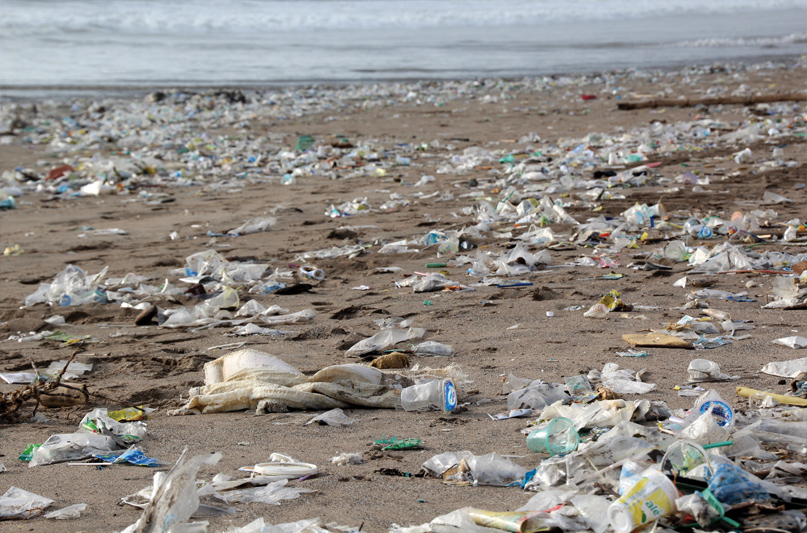 After a year-long collaborative process facilitated by the National Oceanographic and Atmospheric Administration’s (NOAA) Marine Debris Program, local agencies and organizations released a marine debris action plan to track actions that reduce marine debris throughout Washington state. These areas include Puget Sound, the Northwest Straits, the Columbia River estuary and inland sources, and Washington’s Pacific Coast.
After a year-long collaborative process facilitated by the National Oceanographic and Atmospheric Administration’s (NOAA) Marine Debris Program, local agencies and organizations released a marine debris action plan to track actions that reduce marine debris throughout Washington state. These areas include Puget Sound, the Northwest Straits, the Columbia River estuary and inland sources, and Washington’s Pacific Coast.
Marine debris is a persistent and growing environmental issue on a global scale. In Washington and along the West Coast, commercial, tribal, and recreational fisheries, shellfish farms, and aquaculture rely on healthy shorelines for business. Besides business interests, locals and visitors alike place great value on the area’s outdoors for recreational purposes.
The Action Plan has four main goals, and each is supported by strategies with specific steps. The first is to prevent future dumping of marine debris through policy changes, community engagement,
best management practices, and incentive programs. Secondly, the plan outlines action to locate, identify, remove, and recycle or dispose of land- and ocean-based marine debris from Washington coasts and waters. Next is to conduct coordinated, high-quality research to inform those trying to reduce the adverse impacts of marine debris. And finally, effectively coordinate marine debris actions throughout the state.
Marine debris can develop over time from many different sources such as lost or abandoned fishing gear or trash swept up and carried by the wind. A few plans like this recent action plan are already in the works. For example, Jason Morgan, Marine Projects Manager for Northwest Straits Foundation, explains his environmental work.
“Since 2002, our Derelict Fishing Gear Program has worked together with stakeholders, including county, state, tribal, and federal agencies, to remove 5,800 derelict fishing nets and over 5,000 derelict crab pots from Washington’s Salish Sea,” Morgan stated in a press release. “The problem is the immensity to which marine debris has grown.”
Paul Dye, Assistant Director for Outreach at Washington Sea Grant, urges that “no individual organization can tackle it alone.” He continues, “We appreciate the willingness of so many agencies, tribes, and nonprofit organizations to work together for greater impact.”
To view the full plan, visit: marinedebris.noaa.gov/reports/washington-marine-debris-action-plan